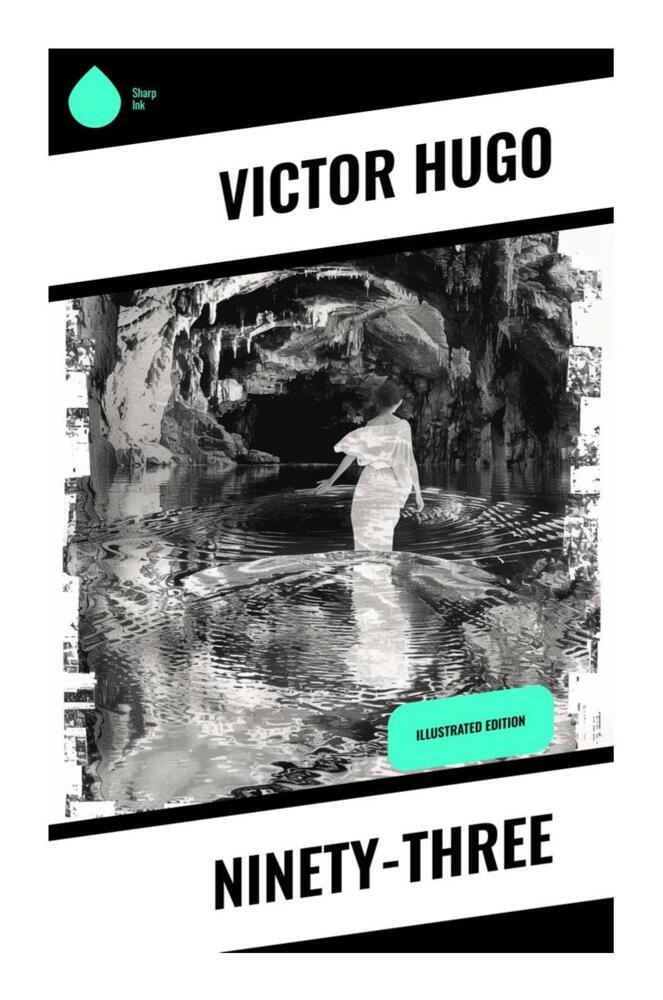Victor Hugo's "Ninety-Three" unfolds against the tumultuous backdrop of the French Revolution, vividly capturing the harrowing landscapes of war and human conflict in 1793. Written in a powerful and lyrical style, the novel intertwines complex characters with broader sociopolitical themes, illustrating the struggle between revolutionary ideals and the grim realities of violence and treachery. Hugo's masterful use of rich imagery and prose allows readers to immerse themselves in the passionate fervor and moral dilemmas of the period, providing a glimpse into the very heart of revolutionary France. Hugo, a central figure in the Romantic movement, draws from his own deep convictions regarding justice, liberty, and the human condition to craft this profound narrative. Having witnessed the consequences of revolution firsthand, his experiences shaped his understanding of the balance between idealism and the chaos often inherent in societal upheaval. Hugo's humanitarian beliefs often shine through his characters, reflecting his empathy towards the plight of the oppressed and the complexity of human motives during times of great upheaval. "Ninety-Three" is a must-read for those intrigued by historical fiction that explores the intricacies of human nature amidst political turmoil. With its rich thematic depth and emotional resonance, this novel not only entertains but also prompts critical reflections on freedom, loyalty, and the essence of humanity, making it a significant contribution to both Hugo's oeuvre and the literary canon.












